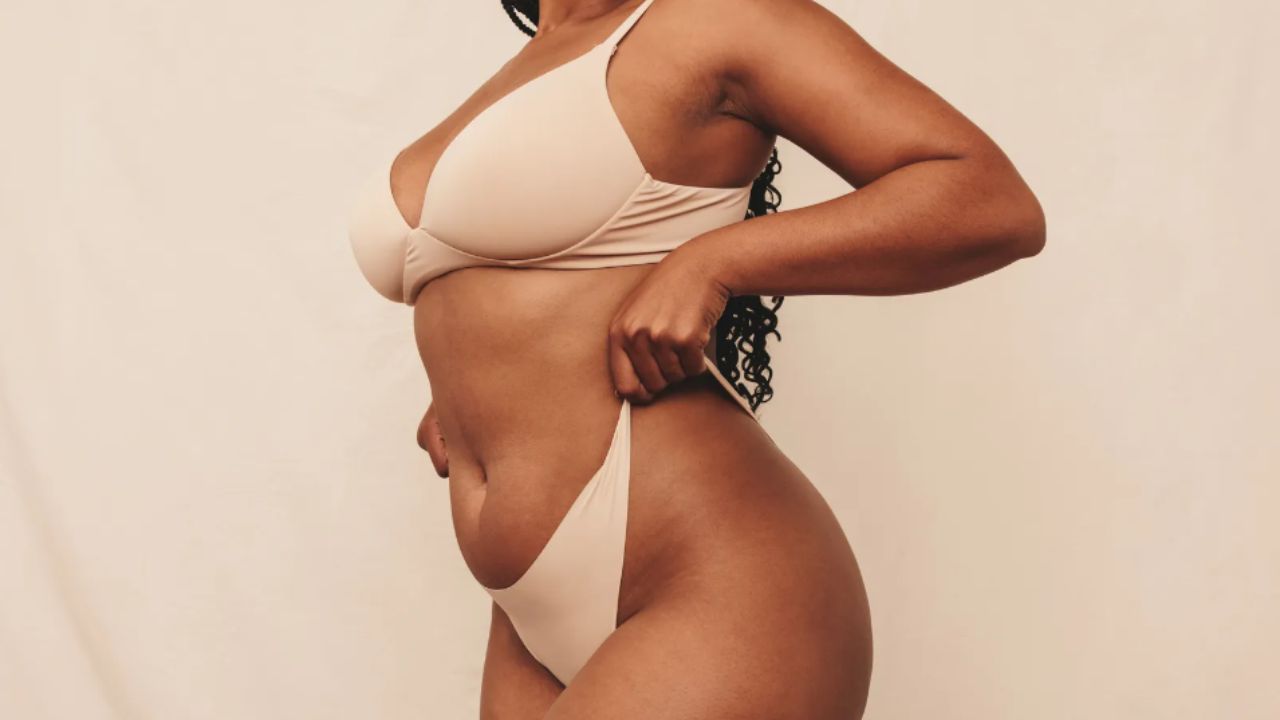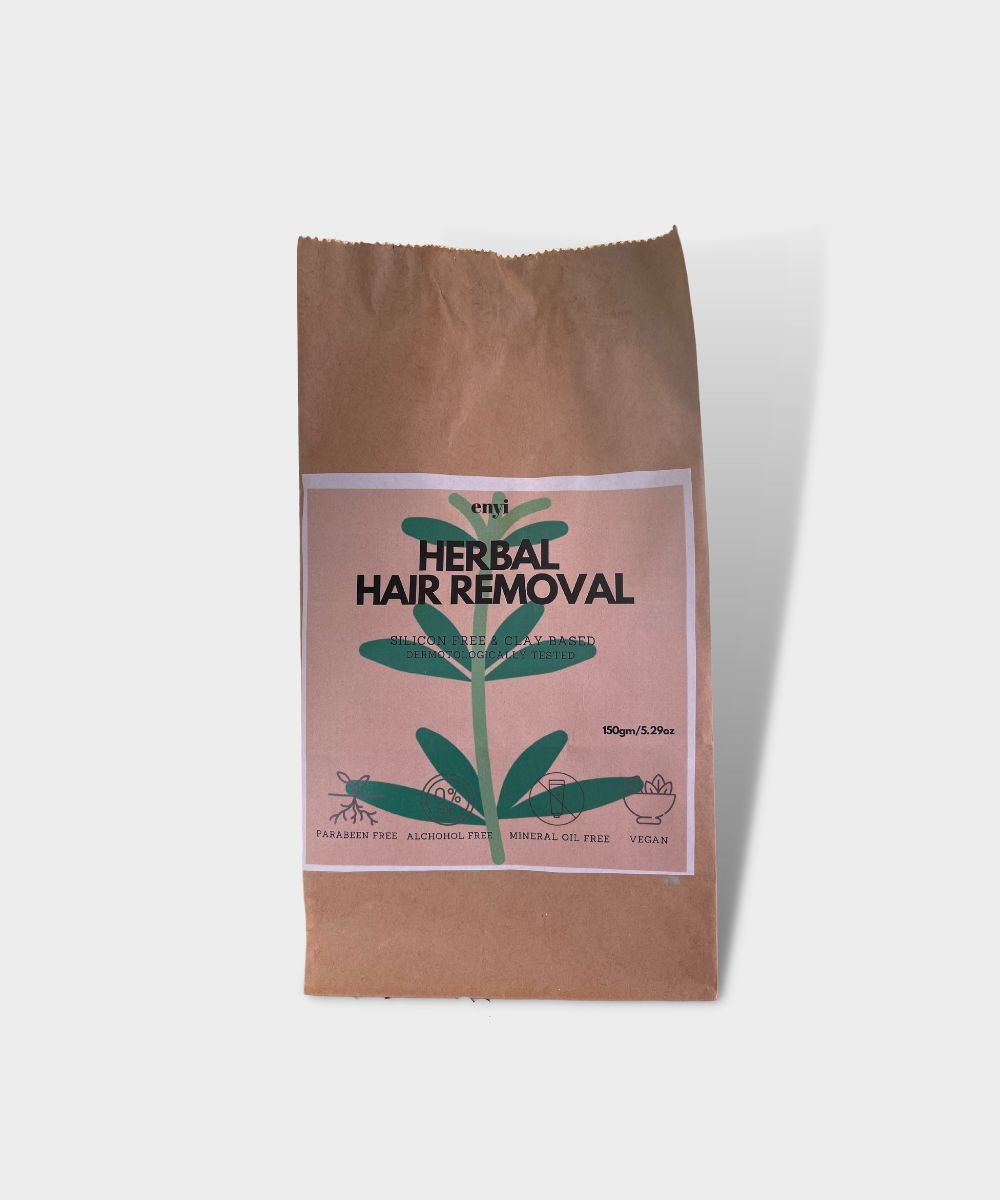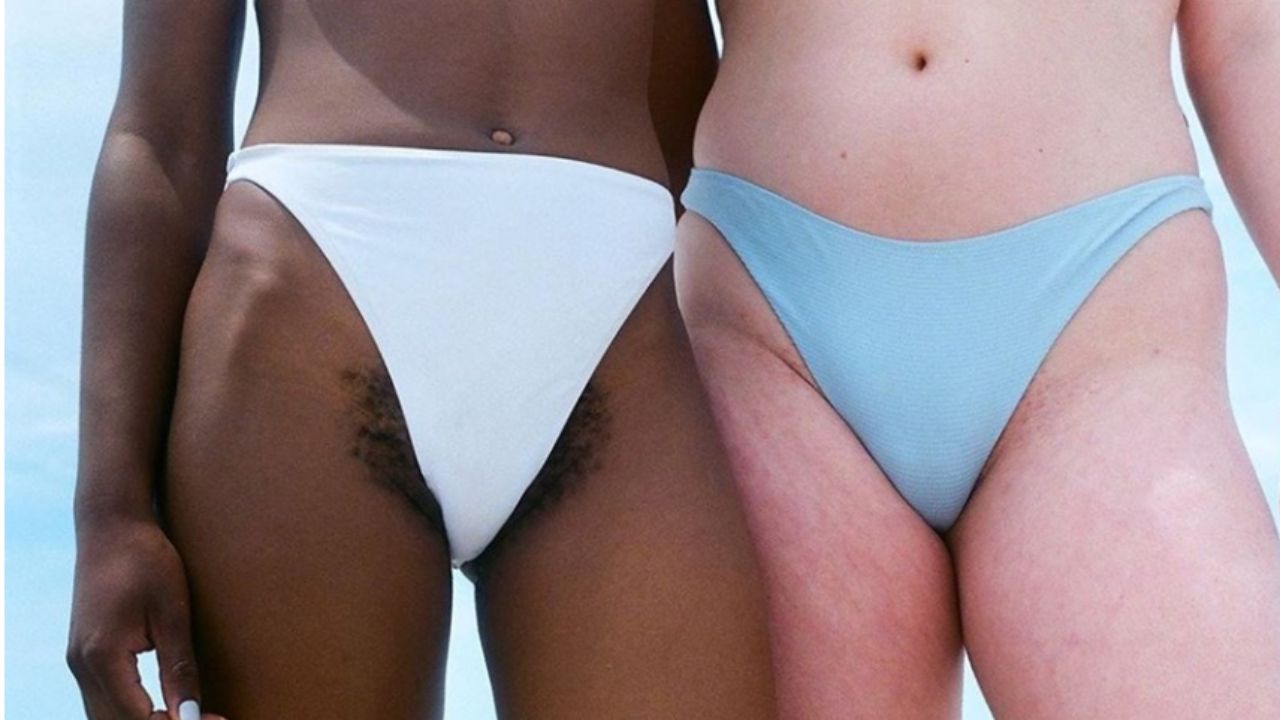Decolonizing shaving is not about vilifying Western beauty standards or rejecting the act of shaving altogether. Rather, it is about recognizing the complex cultural and historical contexts that shape our perceptions of beauty and appearance and working towards a more inclusive and respectful approach to grooming practices.
The act of shaving can be reexamined through a decolonial lens by recognizing and questioning the ways in which Western beauty standards have been imposed on other cultures. This can involve rejecting the expectation of people to shave their hair and embracing the cultural significance of hair in different societies.
A way to decolonize shaving is to support traditional barbers and other practitioners of traditional grooming practices in non-Western societies. This can involve learning about the history and cultural significance of these practices and supporting initiatives that seek to preserve and promote them.
Decolonizing shaving can involve questioning the ways in which the beauty industry profits off of the expectation people to shave their hair. This can involve boycotting products that promote a clean-shaven appearance as the only acceptable option and supporting brands that embrace diverse grooming practices.
By reexamining the cultural significance of hair in different societies and questioning the expectation of people to shave their hair, we can work towards a more decolonial and inclusive approach to grooming practices.
We can learn from the cultural practices of other societies and celebrate the diversity of human experience. We can reject the idea that there is only one acceptable way to look and embrace our own cultural traditions and expressions of identity. By doing so, we can work towards a world in which all individuals feel empowered to express themselves authentically and confidently, free from the constraints of colonialism and Western beauty standards.
Pubic hair grooming is a personal decision that varies across individuals and cultures. Some people choose to groom their pubic hair, while others choose not to. There are various reasons why people make these choices, and it is important to respect and understand their decisions without imposing personal beliefs or societal pressures. In this article, we will explore the different reasons why people choose to groom or not to groom their hair.

Reasons for Grooming Hair
-
Personal preference: Many people choose to groom their hair because they prefer the way it looks and feels. Grooming can provide a sense of cleanliness, hygiene, and aesthetic appeal.
-
Cultural norms: In some cultures, grooming hair is seen as a social norm and a symbol of beauty and cleanliness. For example, in some Middle Eastern and Southeast Asian cultures, women are expected to groom their pubic hair as a sign of femininity and hygiene.
-
Sexual preferences: Some people choose to groom their pubic hair because they or their sexual partner(s) find it more appealing or sexually stimulating.
-
Sports or activities: Athletes, swimmers, and dancers may choose to groom their hair to reduce friction and avoid discomfort during physical activities.
-
Medical reasons: In some cases, individuals may need to groom their hair for medical reasons, such as to prevent skin irritation or infection.
Reasons Against Grooming Pubic Hair
-
Personal preference: Some people choose not to groom their pubic hair because they prefer the natural look and feel of their body hair.
-
Cultural norms: In some cultures, natural body hair is seen as a symbol of beauty, masculinity, or femininity. For example, in some African and Native American cultures, women are expected to embrace their natural body hair as a sign of cultural identity and beauty.
-
Health concerns: Grooming pubic hair can increase the risk of skin irritation, infection, and ingrown hairs. Some people choose not to groom their pubic hair to avoid these potential health risks.
-
Pain and discomfort: Grooming pubic hair can be painful and uncomfortable, especially if done improperly or with certain grooming methods.
-
Time and cost: Grooming pubic hair can be time-consuming and expensive, especially if done regularly with professional waxing or laser treatments.
Hair grooming is a personal decision that varies across individuals and cultures. People choose to groom or not to groom their hair for various reasons, including personal preference, cultural norms, sexual preferences, sports or activities, medical reasons, health concerns, pain and discomfort, and time and cost. It is important to respect and understand people's choices without imposing personal beliefs or societal pressures. Ultimately, individuals should be free to make their own decisions about their bodies and grooming practices based on their own personal preferences and values.
How can this topic be articulated in the African culture?
In many African cultures, hair is often considered a symbol of masculinity and wisdom. Similarly, in many East African societies, having a beard is associated with masculinity and is seen as a sign of maturity.
In some African cultures, the practice of shaving may have been introduced through colonialism and the influence of Western grooming practices. As such, decolonizing shaving in an African context can involve reclaiming and celebrating traditional grooming practices that predate colonialism and rejecting the imposition of Western beauty standards.
One way to decolonize shaving in an African context is to embrace traditional grooming practices such as using natural oils and clays to cleanse and style hair. This can involve learning about the history and cultural significance of these practices and supporting initiatives that seek to preserve and promote them.
Additionally, decolonizing shaving in an African context can involve challenging the stigma against hair in some societies. This can involve advocating for workplace policies that allow men to wear beards or other types of hair without fear of discrimination or judgment. It can also involve recognizing and celebrating the cultural significance of hair in different African societies and encouraging men to embrace their own cultural traditions.
Finally, decolonizing shaving in an African context can involve supporting African-owned grooming brands that embrace diverse grooming practices and cater to the unique needs of African hair and skin. By doing so, we can challenge the dominance of Western beauty standards in the grooming industry and celebrate the richness and diversity of African culture.
Decolonizing shaving in an African context involves embracing and celebrating traditional grooming practices, challenging the stigma against facial hair, and supporting African-owned grooming brands. By doing so, we can work towards a more inclusive and respectful approach to grooming practices that recognizes and celebrates the cultural diversity of African societies.

(The plant base hair remover cream sourced from local herbs and roots from West Africa)






